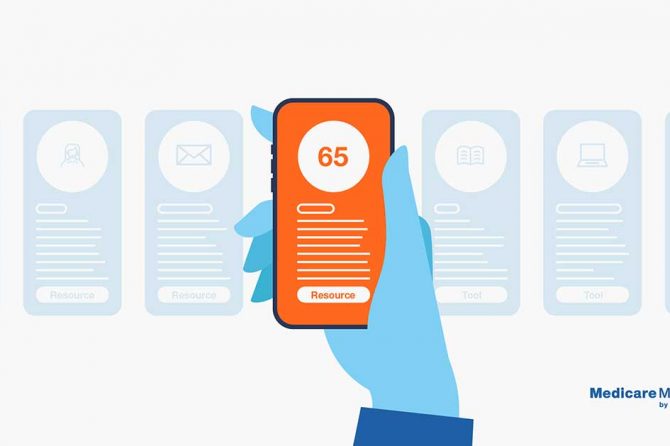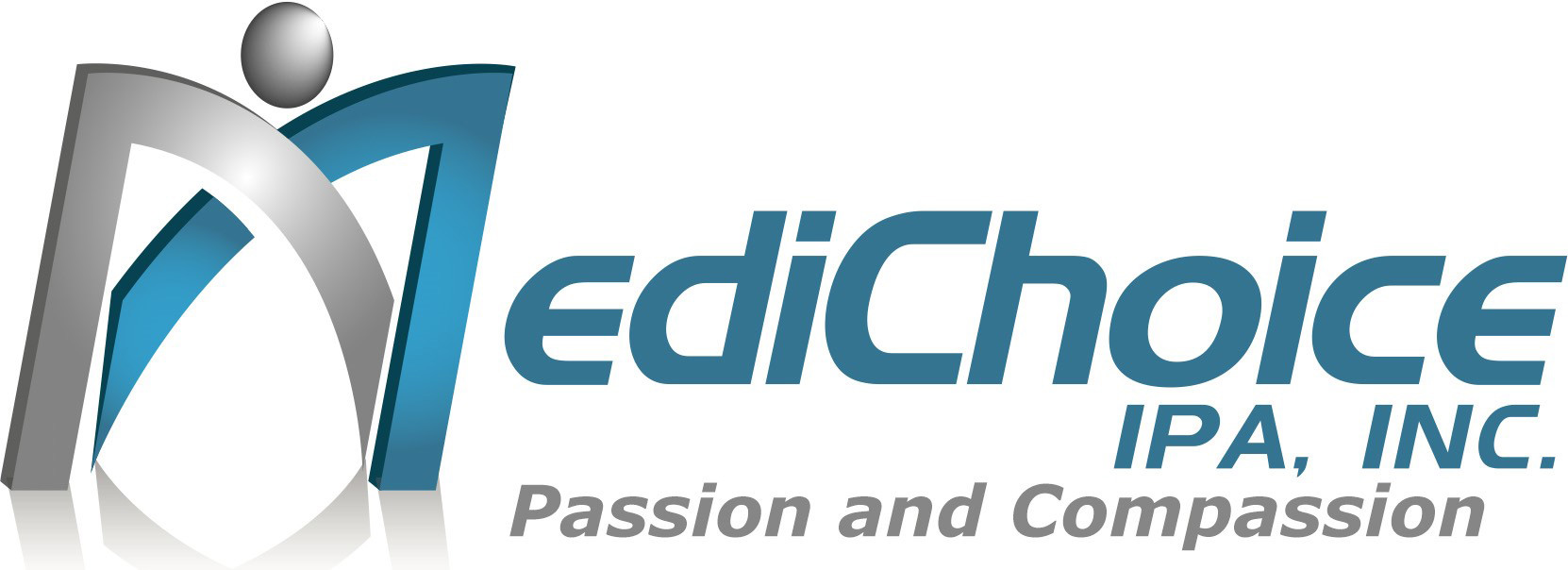
Should you sign up for Medicare when you turn 65?
Ask These Questions Before You Delay Medicare
- Do you have employer health coverage?
- Does your employer have 20 or more employees?
- Is the coverage considered creditable?
Why you may consider signing up for Medicare at 65
If you’re approaching age 65 and (1) are not going to keep working, (2) you have employer coverage from an employer with fewer than 20 employees, or (3) your spouse’s employer requires you to get Medicare to stay on their health plan, then you need to enroll during what’s known as your Medicare Initial Enrollment Period (IEP). If you don’t, you’ll likely face financial premium penalties for enrolling late.
Your IEP is a 7-month window that generally includes the month of your 65th birthday, the 3 months before and the 3 months after. For example, if your 65th birthday is on June 20, then your IEP starts on March 1 and ends on September 30.
This is the time to learn about your Medicare coverage options and get what you do or don’t need coverage for. Most who have to get Medicare at age 65 will get Part A (hospital coverage), Part B (medical coverage) and some form of prescription drug coverage (Part D) – through either a stand-alone Part D plan or a Medicare Advantage plan.
Depending on your situation – such as if you still have or want to keep employer coverage – you may not need every part of Medicare available. But keep in mind here a simple rule: If you are not eligible for a Medicare Special Enrollment Period you need to get Parts A, B and D when you’re first eligible to avoid financial penalties. Also, if you’re still working, it’s a good idea to check with your employer plan benefits administrator to see how Medicare might work with that coverage before making any final decisions.
What to take from this.
Don’t delay making Medicare decisions and dealing with Medicare enrollment. Learn about the choices you have – can you delay, must you enroll – and then understand the implications of both as they relate to your overall health and financial well-being.
Late-enrollment penalties for Medicare Part B and Medicare Part D are permanent and can have a meaningful impact on your finances so think carefully about what you do and when.
Not sure where to start? A good first step for anyone approaching Medicare eligibility is to know when your enrollment dates are.
Have any questions? Do not hesitate to contact us at UHIS: (800) 983-8011
To learn more click the link: Here
References:
Medicare Made Clear 2020, < https://www.aarpmedicareplans.com/medicare-articles/turn-65-retire-sign-up-for-medicare-or-not.html >
Leave a reply